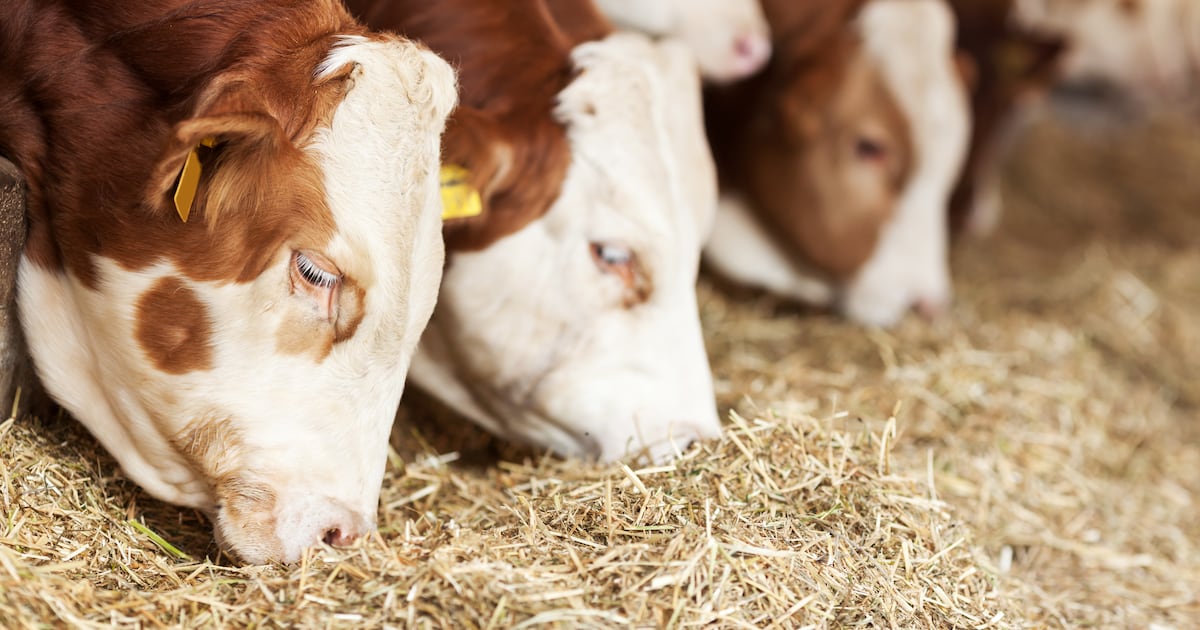In a world where the United States is tearing up previous agreements on free trade, it is essential for Europe, and especially for Ireland, to forge deeper trading arrangements with reliable partners across the rest of the world.
To date, President Donald Trump has been able to pick off the US’s trade partners one by one – Vietnam, Japan, Korea and the European Union – and there is no certainty that any deal he has struck will stick.
The rest of the world needs to diversify markets on the basis of rules-based free trade. The law of comparative advantage shows all countries are better off when each country specialises in what they are relatively better at producing, and then engages in mutually fair trade with others.
By minimising barriers to trade with one another, countries can grow their non-US markets. For the EU, the rest of the world constitutes a much bigger market than the US.
The EU-Canada trade agreement took much too long to agree and implement. We now have the opportunity to ratify the Mercosur trade agreement between the EU and the big economies in South America. This is important, not only to open new trading opportunities as the US turns protectionist, but also to signal to the rest of the world that the EU wants free trade and is open for business.
Following Mercosur, the EU should be looking at opportunities to expand trading relationships with big southeast Asian markets.
Ireland is one of the most open economies in the world, and stands to lose most from a hostile US trading environment. It is therefore bizarre that we are canvassing support against Mercosur. And it’s hardly showing solidarity with EU partners who stood by us through the Brexit debacle.
It is alleged that Mercosur might adversely affect Irish beef farmers through falling beef prices. This is a scare story without real foundation.
Maximum imports of beef from Mercosur would be limited to 1.5 per cent of EU beef production. Last year, the EU as a whole exported twice that amount of beef to the rest of the world, at world prices. Any impact on beef prices and farm incomes from the Mercosur deal would be minimal.
[ Government cannot have its beef and eat it too on Mercosur dealOpens in new window ]
As Teagasc data shows, Irish farmers make nothing from producing beef – the EU subsidy regime accounts for all the net income Irish beef farmers get. If Mercosur were to lower beef prices – a big if – it would likely have a negligible impact on farm incomes. In any event, the EU has committed to introducing compensation measures.
As against a very small, or possibly non-existent, loss for beef farmers, there is a significant potential win for Ireland and the EU from the completion of this deal.
The analysis carried out by the European Commission shows that one of Ireland’s key exports, pharmaceuticals, would be likely to gain significantly from the agreement. Currently the value of our pharmaceutical exports is 50 times the value of our beef exports. While 40 per cent of the sales revenue from pharmaceuticals comes from the US, the vast majority of sales by volume go to the rest of the world.
Concerns have also been raised about the environmental effects of the agreement in the Mercosur countries. The agreement includes a specific commitment on deforestation that is binding on both sides. Analysis by the European Commission suggests that, if anything, the agreement will reduce deforestation. In addition, the implementation of the EU Deforestation Regulation will prevent import of goods into the EU which are linked to deforestation.
The commission’s analysis indicates that the biggest EU winners from the Mercosur agreement will probably be car manufacturers and producers of machinery and equipment. While these sectors are not of big significance for Ireland, they are very important for some of our fellow EU members, such as Germany and Poland, where these sectors are already under serious pressure.
Lobbying against the agreement and, worse again, any Irish veto, would be considered an unfriendly act by our EU partners. At a time when the EU is under unprecedented pressure from both Russia and the US, European solidarity is more important than ever.
In our approach to ratifying the Mercosur deal we need to take a strategic, big-picture view of the benefits and risks for Ireland and for our place in the EU.
Our ratification should not be derailed by ill-founded fears of the potential negative effects on a fairly small section of our population, while ignoring the potential upside for us as a trading nation. The Government needs to actively sell the benefits of Mercosur to Ireland, in a changed world.
